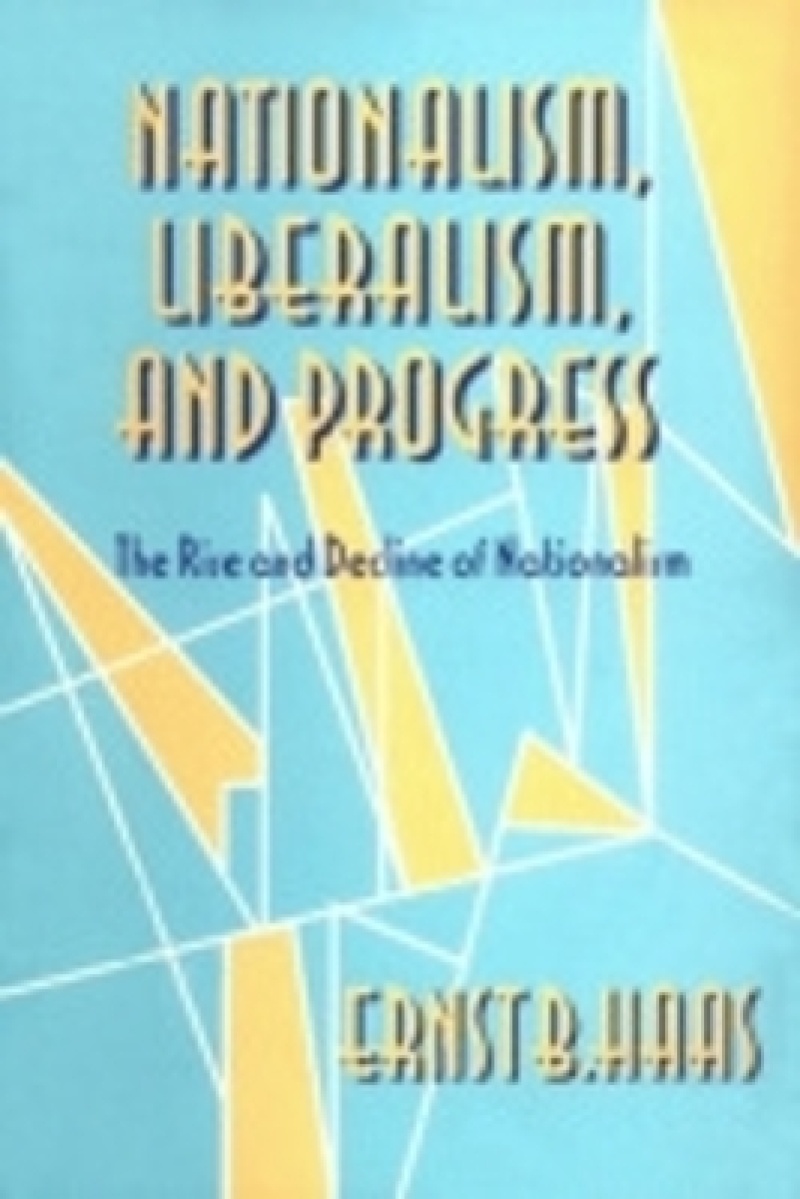<p>Ernst Haas has made a remarkable contribution to our understanding of the complex relationships between modernity and nationalism.</p> - John A. Armstrong (American Journal of Sociology) <p>Haas's central argument is that liberal nationalism is more likely than the other variants 'to bring about the conditions that raise their societies from the premodern to the formally rationalized.'... An ambitious and sophisticated theoretical argument.... <i>Nationalism, Liberalism and Progress</i> represents one of the most important and compelling books we have encountered in this decade.... <i>Nationalism, Liberalism and Progress</i> offers an original and sophisticated account of the emergence of different nationalist ideologies and their elective affinities with learning and progress.</p> - Steven A. Cook and Rudra Sil (Millennium: Journal of International Studies) <p><i>The Dismal Fate of New Nations</i> is an interesting addition to the literature on nations and nationalism.</p> - Umut Ozkirimli (Millennium: Journal of International Studies) <p>Ernst Haas's book... is an erudite, complex, and ambitious analysisof 'liberal' nationalism.... This review can hardly do justice to the book, which is a tour de force, and which feeds the intellectual appetite of all who are interested in the phenomenon of nationalism. We look forward to the sequel.</p> - William Safran (American Political Science Review) <p>This is an important book. It deals with significant questions, and the author should be praised for a careful definition of his terms, for a clear statement of his hypothesis, and for his willingness to qualify this hypothesis in his conclusion when his historical evidence so warranted. I look forward to reading the second volume when it appears.</p> - Edward A. Stettner (National Security Studies Quarterly)
Has global liberalism made the nation-state obsolete? Or, on the contrary, are primordial nationalist hatreds overwhelming cosmopolitanism? To assert either theme without serious qualification, according to Ernst B. Haas, is historically simplistic and morally misleading. Haas describes nationalism as a key component of modernity and a crucial instrument for making sense of impersonal, rapidly changing, and heterogeneous societies. He characterizes nationalism as a feeling of collective identity, a mutual understanding experienced among people who may never meet but who are persuaded that they belong to a community of kindred spirits. Without nationalism, there could be no large integrated state.Nationalism comes in many varieties, some revolutionary in rejecting the past and some syncretist in seeking to retain religious traditions. Haas asks whether liberal nationalism is particularly successful as a rationalizing agent, noting that liberalism is usually associated with collective learning and that liberal-secular nationalism delivers substantial material benefits to mass populations. He also asks whether liberal nationalism can lead to its own transcendence. He explores nationalism in five societies that had achieved the status of nation-states by about 1880: the United States, Britain, France, Germany, and Japan.Several of these nation-states became exemplars for later nationalists. A second, forthcoming volume will consider ten societies that modernized more recently, many of them aroused to nationalism by the imperialism of these "old" nation-states.
Produktdetaljer
Biografisk notat
The late Ernst B. Haas was Robson Research Professor of Government at the University of California, Berkeley.
